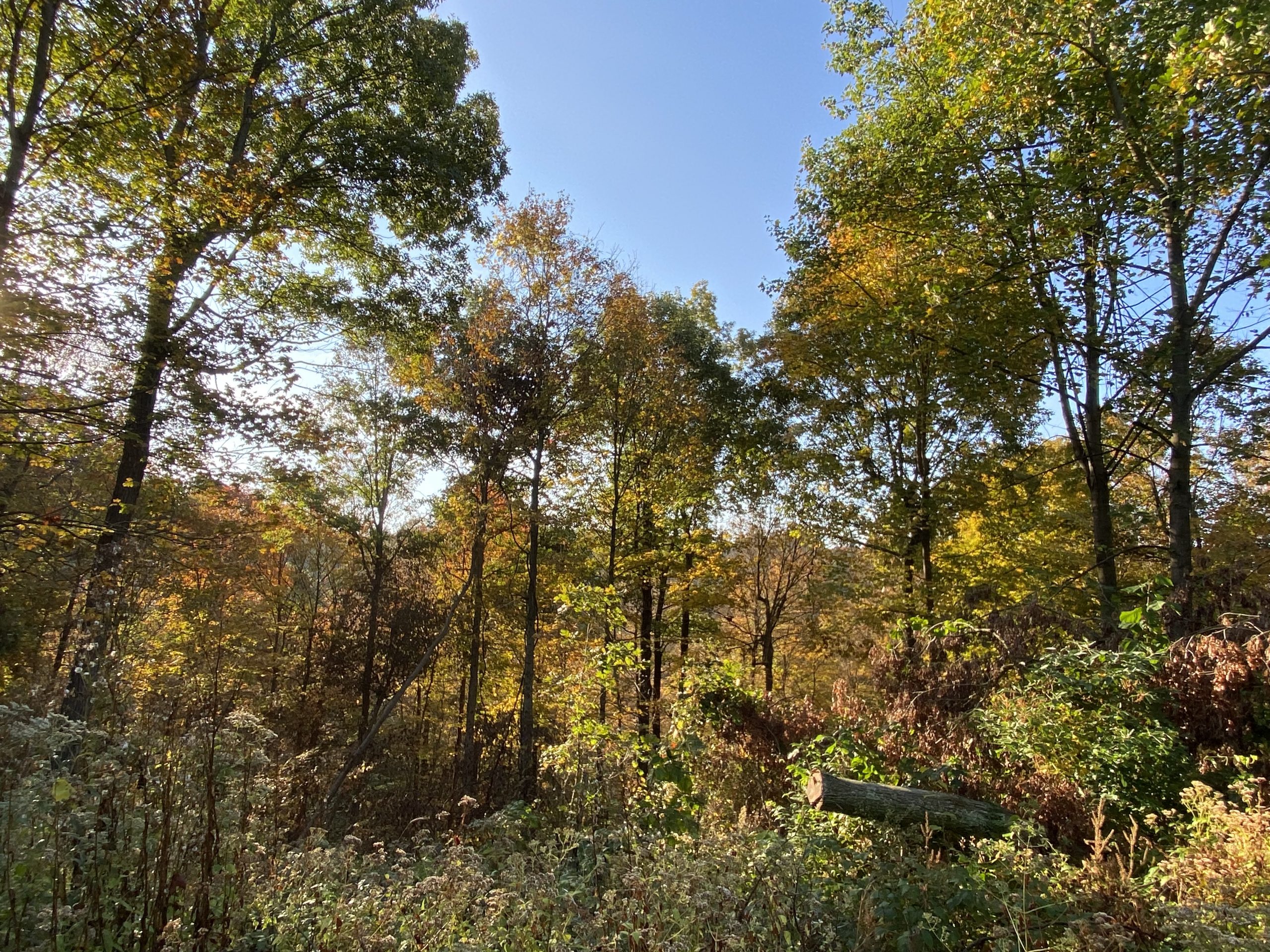NFI 2.0 Reflects on a Year of Forestry and Conservation Achievements
Last fall, the National Wild Turkey Federation and the USDA Natural Resources Conservation Service expanded upon their collaborative agreement for the National Forestry Initiative (NFI). This enhancement encompassed the allocation of $7 million in financial support for conservation efforts and the recruitment of additional forestry professionals. Over the course of the next five years, this extended agreement will broaden outreach to a greater number of private landowners.
The NFI program, launched in 2018, carried an initial 5year agreement running through September 2023. The inception of the succeeding agreement, referred to as the NFI 2.0, was strategically planned to overlap, beginning in October of 2022, ensuring a smooth transition for current NFI foresters.
“Since the start of this program in September of 2018, NFI foresters have positively affected nearly 432,000 acres of private nonindustrial forest land across the country concentrating on landowner goals of forest health, wildlife habitat and recreational opportunities,” said Mike Mitchener, NWTF National Forestry Initiative manager.
This agreement provides the NWTF with the ability to distribute crucial forestry resources and specialized expertise nationwide, particularly focusing on partnering with private landowners, including those from historically underserved communities. In addition, this initiative has paved the way for individuals to establish careers in the outdoor sector as NFI foresters.
Over the past year, NFI 2.0 introduced six additional positions to the existing 25 forester positions from the original agreement. Vacancies were effectively filled in various locations, including Pagosa Springs, Colorado; Cortez, Colorado; Lincoln, Nebraska; Miles City, Montana; and Jackson, Alabama. The Alabama position is designed and located to have a primary focus on engaging historically underserved forest landowners.
“NFI has provided a needed and valuable resource for the counties these positions have been placed in,” said Amy Oehlman, NWTF NFI forester in Indiana. “NRCS employs a lot of experts on a lot of topics, but in many states, they haven’t had a heavy forestry presence on staff. For example, in Indiana, up until this position was created at the inception of NFI, the state forester was the only true forester position on staff.”
NFI foresters have the essential role of providing technical assistance and financial aid to private landowners throughout the country via farm bill conservation programs administered by NRCS. They serve as a support network and source of education for private landowners, performing a diverse range of tasks.
These responsibilities include assisting landowners in applying for conservation programs and organizing "landowner field days," which are educational events demonstrating the advantages of NRCS programs for the environment, landowners and wildlife.
“To apply for funding with NRCS, forest landowners need to have a current management plan to submit with their application,” Oehlman said. “There are a few resources available to them to get this completed, with me being one of them. If a landowner is selected for funding, I also go out to inspect the work as they complete it, and to certify that it’s up to NRCS standards and specifications for them to receive that payment reimbursement.”
Some notable examples of the programs that NFI foresters enroll landowners in to assist in improving their property include the USDA’s Conservation Stewardship Program, Environmental Quality Incentives Program and Farm Service Agency assistance programs.
Collaborating with private landowners via various USDA programs contributes to the improvement of habitats that would otherwise be challenging to manage. This approach results in a notably more interconnected habitat for wild turkeys and other species, while simultaneously enhancing the landowner's property, making it safer, more resilient and a greater asset. This outcome represents a win-win situation for wild turkeys and all stakeholders involved.
“Where this program really has an impact on conservation, is being able to assist landowners who otherwise may get lost in the process,” Oehlman said. “Many woodlands that are less than 10 acres in size often fall through the cracks of assistance that is available in my area. Also, in some areas, the workload of private foresters that may be able to write a forest management plan is too high, and they just don’t have time to get to that landowner in the timeframe required. In a state like mine where over 85% (that’s ~4.1 million acres) of our forest land is privately owned, being one more resource for a site visit or for assisting in applying and implementing cost-share practices is critical, especially when landowners want to be good stewards of the land, but the price tag that is attached with that can often be too much to take on themselves."
There are current openings for NFI foresters in several states, including Washington, Idaho, Montana, Wyoming, Colorado, Texas, Mississippi, Tennessee and Kentucky.
About the National Wild Turkey Federation
Since 1973, the National Wild Turkey Federation has invested over half a billion dollars into wildlife conservation and has conserved or enhanced over 22 million acres of critical wildlife habitat. The organization continues to drive wildlife conservation, forest resiliency and robust recreational opportunities throughout the U.S. by working across boundaries on a landscape scale.
2023 is the NWTF's 50th Anniversary and an opportunity to propel the organization's mission into the future while honoring its rich history. For its 50th Anniversary, the NWTF has set six ambitious goals: positively impact 1 million acres of wildlife habitat; raise $500,000 for wild turkey research; increase membership to 250,000 members; dedicate $1 million to education and outreach programs; raise $5 million to invest in technology and NWTF's people; and raise $5 million to build toward a $50 million endowment for the future. Learn how you can help us reach these lofty goals.
